Sunderland and Newcastle’s toxic rivalry renewed – this is more than football
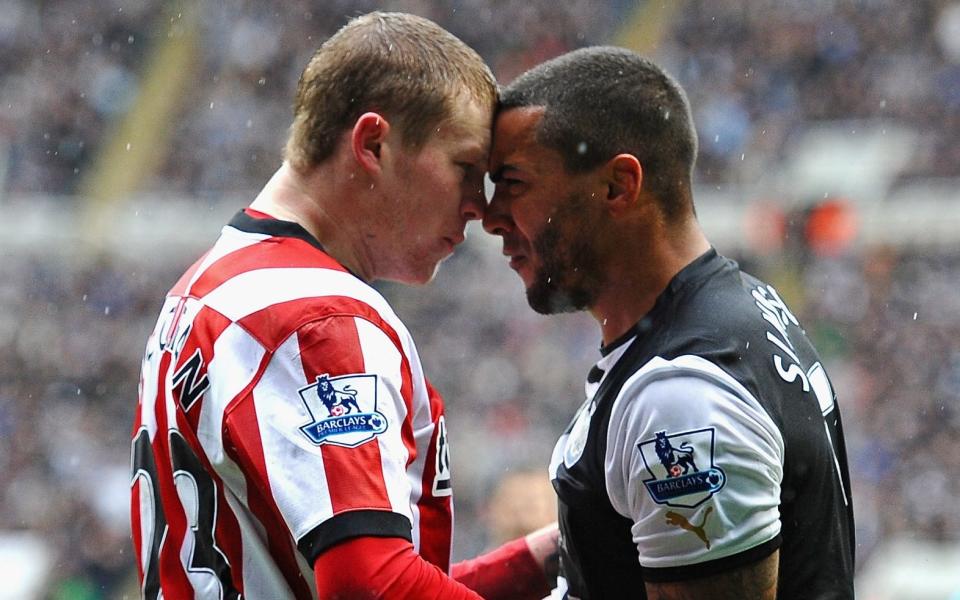
Newcastle United versus Sunderland is not a game or an occasion for the faint hearted. Few derbies in British football can match its intensity, the bitterness of the rivalry between these two geographically isolated North East clubs always teetering on the brink of toxicity.
It is a football story, of course, but like all the great sporting battles, it is animosity built and fuelled by far more than just a game. It is about history, economics and civic disputes stretching back centuries.
Seven years on from their last match, this weekend’s FA Cup clash promises to be more intense and, possibly, more hostile than ever. They say absence makes the heart grow fonder, but the opposite is true of football clubs who have spent decades conditioned to despise each other.
A generation of younger match-going fans have never experienced a derby atmosphere and everything, good and bad, that comes with it. The threat of crowd trouble is a very real danger, as it has been in the past, but we can only hope the drama and talking points are contained to the pitch.
‘It’s a fixture that captivates everyone across the country’
There is plenty at stake, with Newcastle United probably approaching the fixture with far more trepidation than their Championship hosts given an early FA Cup exit would be a devastating blow to their campaign, as well as egos. Sunderland are expected to lose which would make a victory even sweeter to savour.
“It’s a fixture that captivates everyone in the North East, but also across the country,” said Sunderland head coach Michael Beale, who was only appointed last month following the sacking of Tony Mowbray.
“I arrived at the club after the draw was made, but you could feel the anticipation building and now we’re finally at game week.
“It has been seven years, which is far too long, and this is the beauty of the FA Cup. It’s one that everyone in the nation will be watching…”
“We need to be at our very best, there’s obviously a difference between the two clubs at the moment. It’s intriguing to put our young Championship squad up against a Champions League squad.”
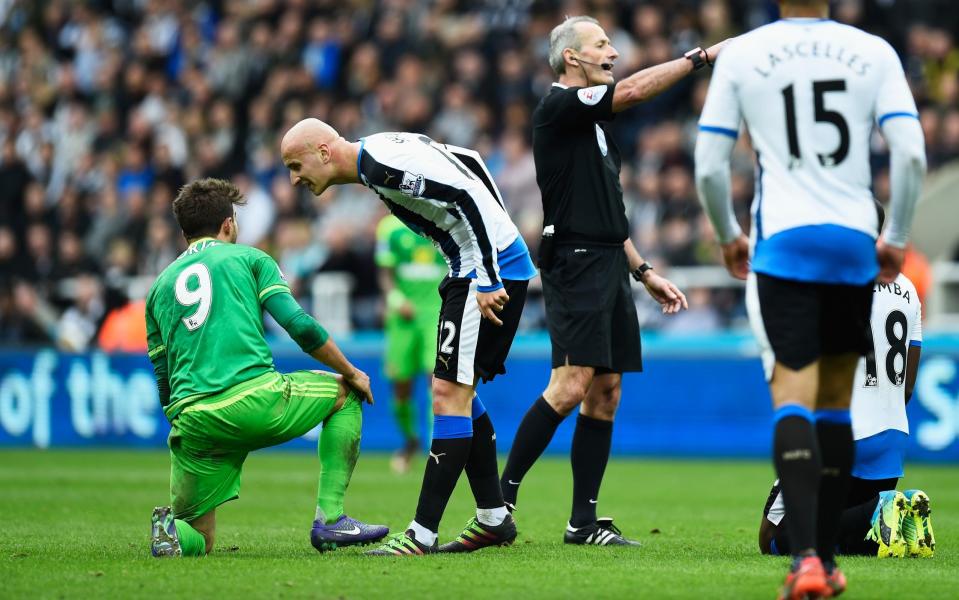
Newcastle and Sunderland have not played since a 1-1 draw at St James’ Park in March 2016, when Rafael Benítez was Newcastle manager and Sam Allardyce was in charge of Sunderland. The draw halted a run of six successive Sunderland victories, an unprecedented feat, but Newcastle still ended that season with relegation to the Championship. It was as low as they would go, returning to the Premier League the following year, paving the way for the takeover by Saudi Arabia’s Public Investment Fund in 2021 and the £500 million spent on new players and qualification for the Champions League that followed.
Sunderland have had precious little to celebrate, although they are back in the Championship and once again challenging for a play-off place to win promotion to the Premier League. It is a club that feels like it is on the rise again, even if it is operating on a completely different financial plane to Newcastle these days.
It says a lot about how much these results matter that Sunderland fans still crow about winning “six in a row”. They were still singing about it, even when they suffered two successive relegations, dropping from the Premier League into League One. They still basked in its glory during those four miserable years in the third tier and even when Newcastle were bought by PIF and the trajectories of the two clubs appeared to have been separated forever.
No fans in the country have been more critical of Newcastle welcoming owners from a despotic Middle East nation with a terrible human rights record, than Sunderland’s. The barbs, though, have been largely confined to social media and conversations in pubs and offices across the North East. Newcastle and Sunderland have not been in the same division for so long and without the prospect of playing each other, the rivalry was diminished somewhat.
As a Sunderland fan I empathise with Newcastle wanting to get rid of their owner, I really do.
But the Public Investment Fund of Saudi Arabia shouldn't be allowed to take over a Premier League club.
And I'd feel the same if it was Putin and Norwich or Bolsonaro and Brentford!— Dougie Critchley (@DougieCritchley) October 7, 2021
As a result, the only people who would have cursed the luck of the FA Cup draw were the people responsible for crowd control at Northumbria Police.
There will be 6,000 Newcastle fans making the 13-mile journey to the Stadium of Light, far more than there would be for a league fixture due to FA Cup allocation rules. All have been told they must travel using an official club coach, direct to and from the Stadium of Light, from St James’ Park.
The risk of clashes between supporters was deemed to be too great to let fans make their own way using cars or via the metro system the two cities share. We can only hope the so-called “bubble” system works and the fans are kept apart before and after the game. There has been no shortage of crowd trouble in the past, inside and outside the grounds, which even led to away fans being banned in the 1990s.
There is no need for a violent minority to ruin things; the match will have everything you could want from a Cup tie.
A struggling Premier League club in Newcastle with one win in eight games and seven defeats against a Sunderland side under a new manager in Beale who has lost just one of his four games in charge. Sunderland, who have finished above Newcastle in the league in only five of the last 33 seasons, would love to clip the visitors’ wings; add another victory to their impressive recent record and make things even more uncomfortable for Eddie Howe as manager. It would also prove that money is not everything in the battle for regional supremacy.
In turn, after a terrible run of results, Newcastle are in desperate need of a “pick me up” and nothing offers a more powerful tonic than a derby success. Newcastle have not beaten Sunderland since 2011, they need that miserable run to end this weekend to get their season back on track, as well as put their lower league neighbours back in their box.
There have been 155 games between them and 53 wins apiece with 49 draws. Something has to give at the Stadium of Light when hostilities are renewed. It feels like the perfect FA Cup tie.

Hostility forged in Roman rule: Roots of bitter rivalry
Like all the best rivalries, Newcastle versus Sunderland is about far more than just sport, with a long history of conflict and animosity between the two cities.
As with most derbies, the divide even splits families down the middle and there are not many more intense football fixtures in England than this one. Telegraph Sport takes a deeper look into the roots of an enduring rivalry.
History
The hostility between the cities of Newcastle and Sunderland dates back to the English Civil War, when Newcastle stayed loyal to the crown and Sunderland joined the Parliamentary rebellion.
In the 1600s, King Charles I awarded East of England coal trade rights to Newcastle’s merchants, crippling their rivals in Sunderland. When conflict broke out, it was inevitable they would be on opposing sides, culminating in the battle of Boldon Hill. Newcastle lost and the city was colonised by an army from Scotland, which had been supported by troops from Sunderland.
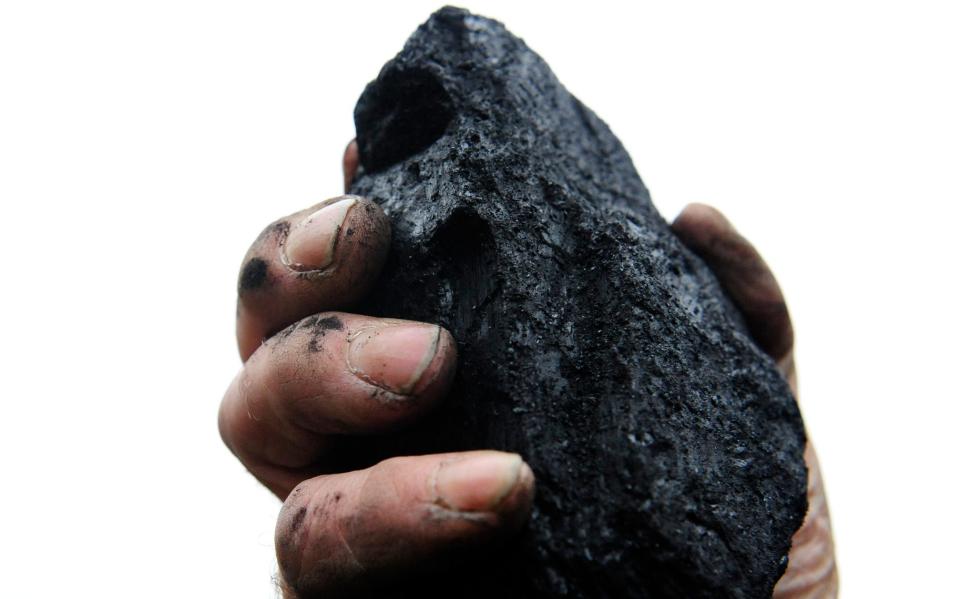
However, while this bloody conflict is generally regarded as the moment the rivalry between two neighbouring towns turned hostile, you could even stretch the divide back to Roman times.
When the Emperor Hadrian decided to build a wall to keep out troublesome tribes and mark the northern edge of the Roman Empire, the mouth of the River Tyne formed the eastern tip of Hadrian’s Wall. The Newcastle suburb of Wallsend was exactly as it sounds.
Newcastle was founded by the Romans as a fort to protect a bridge, Pons Aelius. Everything to the south was Roman, everything to the north (Newcastle lies on the northern Bank of the Tyne) was “uncivilised.”
Sunderland is also in County Durham, while Newcastle is the biggest city in Northumberland. The competition between two counties is also at stake.
Economics
Nowhere in the North East tends to call itself posh or boasts loudly about things like prosperity, but Sunderland are still seen as the poor relations. Newcastle is the regional capital, has the region’s main train station, as well as its international airport.
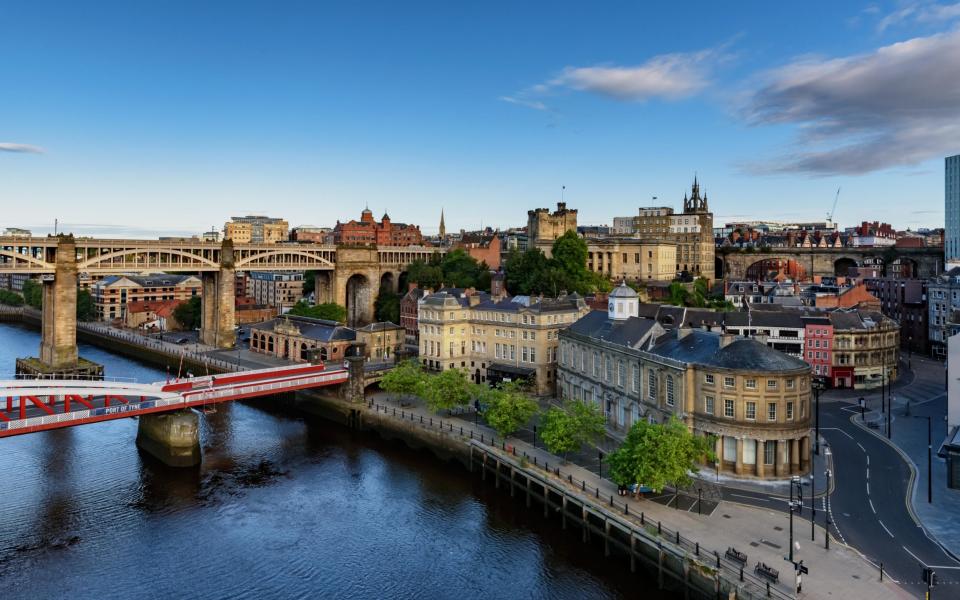
Newcastle is one of Britain’s most popular tourist destinations for city breaks and, despite the economic downturn, the city is a vibrant, bustling urban centre, sophisticated in terms of its cultural output. It is hugely popular with students, as well as stag and hen parties. Its party city reputation is renowned.
Geordies are also supremely confident in their own identity Which is why other people living in this vast, yet isolated region, disparagingly call Geordies the “Cockneys of the North.”
Sunderland have always felt as though they are living in the shadow of a more glamorous neighbour. Even though Sunderland is the bigger of the two cities in terms of population, (Newcastle, Gateshead, North and South Tyneside are not the same place) Newcastle tends to suck in investment and attention.
The accents are different, but not to the untrained ear. When they travel to other parts of the country for work or go abroad on holiday, imagine how irritating it becomes for people from Sunderland to have to constantly deny they are Geordies.
Football always gives Sunderland a wonderful opportunity to knock their preening rivals off their perch.
Lack of silverware
Newcastle and Sunderland are two of the best supported clubs in the country in a region where everyone, whether they like football or not, is aware of what is happening at the two biggest clubs. The entire region will be gripped by the drama of derby day because it is impossible to escape.
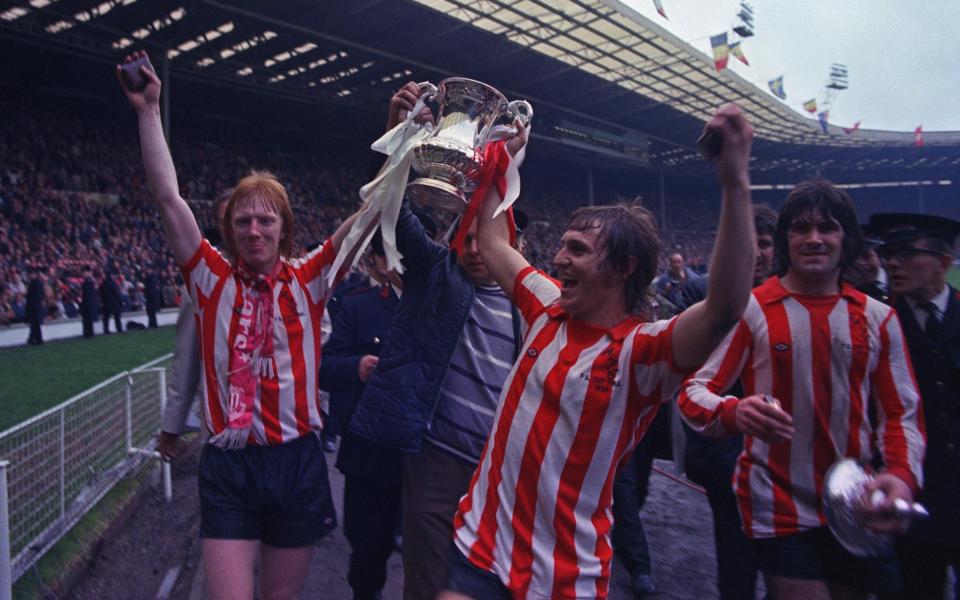
The North East grew tired of the hotbed of football tag a long time ago, but there is no doubt football plays a major role in the everyday lives of the people who live here.
Unfortunately, neither Newcastle or Sunderland have turned that into silverware success. Sunderland have not won a major trophy since the FA Cup in 1973, Newcastle have not won one since the Fairs Cup in 1969. They are two of English football’s greatest underachievers.
That has placed even more significance on their tussle for regional supremacy. It may seem parochial and irrelevant to unknowledgeable armchair fans, but local bragging rights in the North East are a trophy, when neither club has got their hands on actual silverware for more than four decades.
Newcastle may have launched an exciting new era with their supremely wealthy but controversial Saudi Arabian owners, but Sunderland have comfortably had the better of the derby matches for more than a decade. They would love to inflict more pain on their visitors this weekend.

